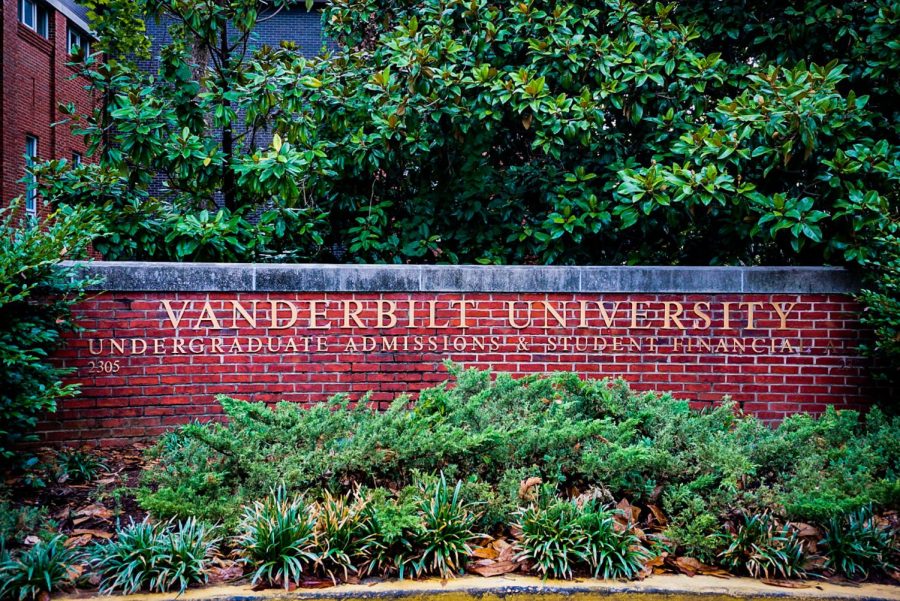
Miguel Beristain
Vanderbilt Office of Undergraduate Admissions, as photographed on Aug. 2, 2022. (Hustler Multimedia/Miguel Beristain)
The U.S. Supreme Court ruled 6-3 this morning that race-based affirmative action in college admissions violates the Equal Protection Clause of the Fourteenth Amendment to the Constitution. Vanderbilt, which previously “considered” race and ethnicity as an admissions factor, must now alter its undergraduate and graduate admissions processes.
In May, Vanderbilt formed a task force to address the future implications of this Supreme Court affirmative action decision. Dean of Admissions Douglas Christiansen, a co-chair of the task force, did not respond immediately to The Hustler’s request for comment. The directors of Vanderbilt’s graduate schools also did not immediately respond to requests for comment on how the ruling will affect their admissions processes. In an April 3 interview with The Hustler, Christiansen spoke about how Vanderbilt would react if affirmative action were to be outlawed.
“We’ll still have a holistic admissions process; we’ll still look at context; we’re still gonna look at the whole student,” Christiansen said. “We care deeply about diversity, and we’ll do everything we can to continue that, but we will need to comply with the law.”
The majority opinion in Students for Fair Admissions v. Harvard and its companion case Students for Fair Admissions v. University of North Carolina was written by Chief Justice John Roberts and joined by the five conservative justices. The three liberals dissented.
SFFA, a non-profit membership advocacy group, challenged the admissions processes of Harvard University and the University of North Carolina, claiming the universities intentionally discriminate against Asian American applicants. On Oct. 31, 2022, the Supreme Court heard oral arguments in the pair of cases questioning the constitutionality of race-based affirmative action in college admissions. Vanderbilt joined an amicus brief in the case in support of Harvard and UNC’s use of affirmative action.
Vanderbilt admissions and racial/ethnic diversity
According to the 2022-23 Common Data Set, racial and ethnic status is “considered” in the Vanderbilt undergraduate admissions process, though does not rise to the level of being “important” or “very important.” This data is self-reported by Vanderbilt. Other criteria “considered” in undergraduate admissions are legacy status, geographic residence and first-generation status. “Very important” factors include class rigor, GPA, application essays, extracurricular activities and personal qualities.
The websites of Vanderbilt’s graduate schools include a statement at the bottom that reads that they are “committed to the principles of affirmative action.” However, it is not explicitly stated how race and ethnicity are used in graduate admissions.
Vanderbilt has steadily increased racial/ethnic diversity on campus over time. Since 2013, the percentage of undergraduate students of color at Vanderbilt has increased from 29.6% to 45.3%.
!function(){“use strict”;window.addEventListener(“message”,(function(a){if(void 0!==a.data[“datawrapper-height”]){var e=document.querySelectorAll(“iframe”);for(var t in a.data[“datawrapper-height”])for(var r=0;r